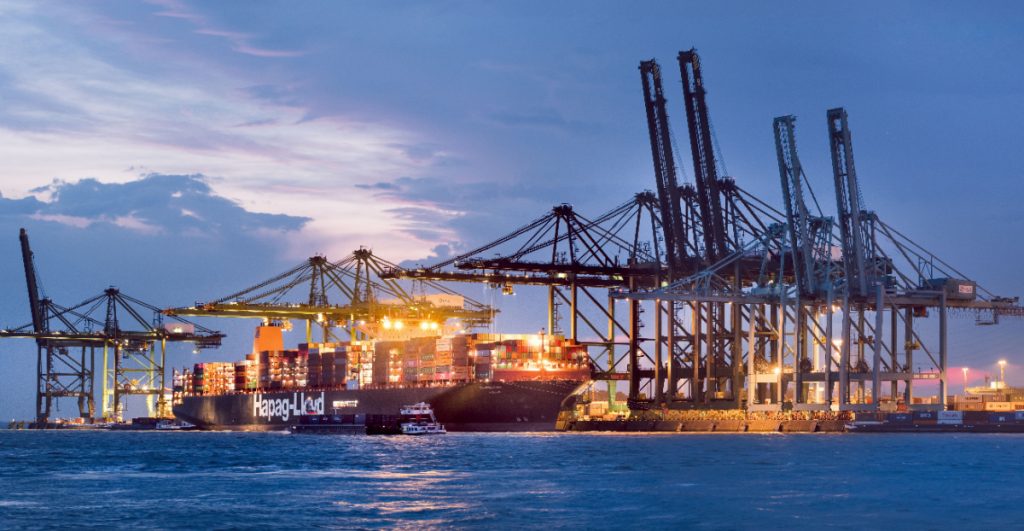Brussels Signals Strategic Reassessment Amid Rising Security Fears
Others are reading now
The European Union is raising serious concerns over Chinese control of critical port infrastructure across the continent, warning that growing foreign ownership—particularly by state-linked entities in Beijing—poses a mounting strategic risk. The shift in tone comes as EU officials and lawmakers begin to reassess what was once seen as benign investment in favor of tighter scrutiny and defensive economic policy.
Over 30 Ports Tied to Chinese Firms
As reported by Digi24, Chinese companies including COSCO, China Merchants, and Hong Kong–based Hutchison currently hold stakes in more than 30 maritime terminals across the European Union. These include key sites in Rotterdam, Antwerp-Bruges, Piraeus, and Gdynia—some of which are located near sensitive military and naval assets.
EU Transport Commissioner Apostolos Tzitzikostas called on European ports to “rethink security and scrutinize foreign presence,” issuing one of the clearest signals yet that Brussels views these holdings as a potential vulnerability rather than simple commercial investments.
A draft position by the Socialists and Democrats (S&D) in the European Parliament echoes that sentiment, calling for stricter screening of foreign acquisitions in the upcoming review of the EU’s investment regulations. While neither Tzitzikostas nor the S&D named China explicitly, the implications were unmistakable.
Also read
From Economic Concern to Strategic Threat
Experts and EU lawmakers argue that firms like COSCO operate not as market-driven entities but as extensions of the Chinese state. “This is not just an economic issue. It is a strategic vulnerability,” said Ana Miguel Pedro, a Portuguese MEP. She warned that while Europe reacts piecemeal, actors like Beijing operate with centralized intent and long-term vision.
One case under scrutiny is Hutchison’s control of the Gdynia terminal in Poland—situated near a naval base, a shipyard, and the headquarters of elite special operations forces. The site has now been classified as critical infrastructure by the Polish government, requiring close cooperation with national security services.
Talks to sell Hutchison’s global port assets, including 14 in Europe, to a consortium led by BlackRock reportedly collapsed in March due to Beijing’s intervention—highlighting the geopolitical stakes surrounding port ownership.
Strategic Blind Spots and the Push for Reform
The EU’s renewed urgency comes against the backdrop of Russia’s war in Ukraine and China’s quiet alignment with Moscow. A recent policy paper by the Centre for Eastern Studies warns that these geopolitical shifts have sharpened concerns over the security of European transport nodes.
“The reality is clear,” said Pedro. “If a foreign adversary exploits a vulnerability in a European port, it endangers us all. In today’s world, we cannot afford strategic blindness while others act with clarity and intent.”
Brussels now faces the challenge of balancing open trade with strategic autonomy—an increasingly difficult task in a world of weaponized interdependence.
Brussels Signals Strategic Reassessment Amid Rising Security Fears


